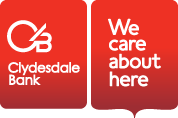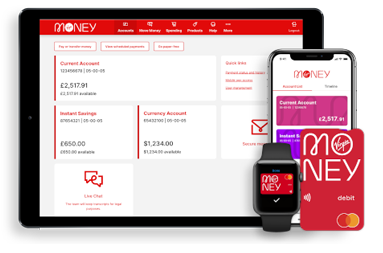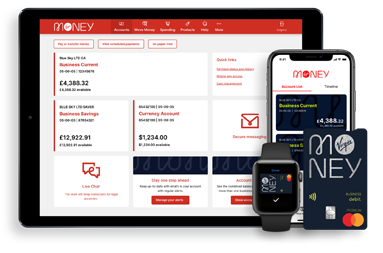How to pay less tax
< back to all business news articles
06/09/2017
Taxes – there’s no avoiding them. But there are legal ways to reduce the amount you have to pay so that your business is more profitable. All it takes is some preparation, planning, and the advice of a good tax specialist.

One of the first things you need to do is talk to your accountant about all the strategies available for minimising your tax bill. They’ll help you decide which of the following tips will be relevant to your business.
What you are taxed on
It’s important to note that you get taxed on the net profit of the business. The lower the net profit the less tax you’ll have to pay. Technically if you’re paying more tax every year, then you’re making a higher profit.
The trick is to see how you can pay the least amount of tax while still making a decent profit. We do of course assume that you file on time so you’ll avoid paying penalties or interest.
There are two main tactics to reduce tax:
Reducing net profit
This is the best way to reduce the amount of tax you’ll have to pay. Some will be obvious, some not so.
- Make sure you claim for every business expense you’re allowed to. Some of the ones you may be unaware of include rent paid on business premises, depreciation on equipment, interest on borrowing money for the business, vehicle expenses, transport and travel.
- If you use a manual accounting system, then switch to accounting software which feeds your bank transaction into the accounts. So you can be sure every expense bank transaction is captured.
- Keep all receipts. It’s a good idea to use an application like Receipt Bank to keep track of all your receipts, meaning you’ll never lose a paper receipt. Write on the back of invoices or small receipts what the receipt was for.
- Create a 1-page document for your staff outlining what they can and can’t claim for, so you don’t miss out on claiming these expenses.
- Set up a work area at home so you can claim a portion of your home expenses. Even if your actual business is located somewhere else, it’s a good idea to set up a room in your house as an office, and use it for business purposes when you can. As a small business owner, the chances are pretty high that you will end up doing some work from home anyway, so you should take advantage of being able to claim.
- Buy any fixed assets just before the end of the financial year, not at the start, as you can claim depreciation for part of the year just gone.
- Identify any assets that can be scrapped or are obsolete, so you can claim the remaining depreciation as an expense.
- Do you have any assets that can be revalued down? You can claim the book loss as an expense.
- End-of-year sale. Review your inventory and consider having a sale to clear out old stock.
- If you were paid for work that you don’t need to do until the next financial year, inform your accountant. They will then treat this as 'income in advance' and add it to next year’s sales. It will temporarily lower your sales (and therefore profit and tax) for the year.

Talk to your accountant about any of these tactics to see which apply in your business.
Split the profit reported
The idea is to adjust parts of your business so that you can legitimately reduce your net profit, thus paying less tax. Some of the ways you can do this are:
- Consider allocating some of your business’ income to your life partner. You might actually be discussing your business with your significant other all the time anyway, so pay your life partner a small salary if you can take advantage of a lower tax rate.
- The same goes for your children – you can arrange for the business to pay a salary to any dependants.
- You can also make your life partner a director of your company, with equal shares to yourself. That way, you can both receive dividends, and pay less tax. Unfortunately, you can’t do this with children or other family members as they have to pay capital gains tax which would probably negate any tax savings.
It’s worth noting that HMRC prefers business owners not to split their reported profits, and they’ve employed legislation known as S660 to stop incoming splitting or income shifting. There are ways around S660, but it’s down to how an individual business is structured, so you should talk to your accountant or a tax specialist for detailed advice that suits your circumstances.
Summary
Reducing the amount of tax you have to pay relies on good habits, good records and forward thinking. It literally pays to be as organised as possible, because it means you’re better placed to take advantage of all the legitimate ways you can minimise your tax bill.
All of this planning should be done with your accountant. They’ll help you get organised and will assist in keeping your business on track so that you’re paying only what you absolutely have to, and are getting the maximum benefits from what tax advantages are available.
Additional resources
POSTED IN: Savings,2017,Day to Day Banking
SHARE
Related Articles
You can find impartial information and guidance on money matters on the “MoneyHelper” website.
Clydesdale Bank is covered by the Financial Services Compensation Scheme (FSCS), Find out more.


